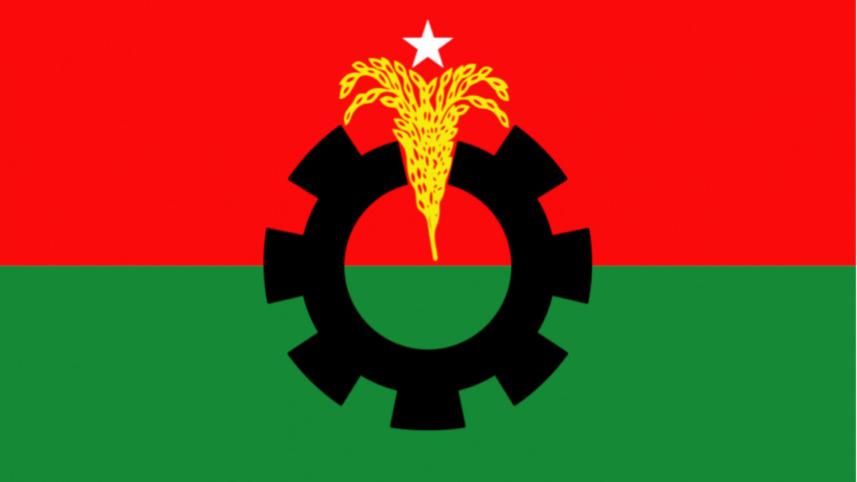BNP says ‘no’ to constitutional reforms under interim govt

The BNP has said it will not support any constitutional reforms before the national election in February 2026, arguing that such changes must be made by the next parliament.
In a letter to Prof Ali Riaz, vice-president of the National Consensus Commission, the party said only proposals that do not require constitutional amendments may be carried out by the interim government through ordinances, rules, or administrative orders.
It sent the letter last Wednesday after the commission had sought opinions from political parties on implementing the July Charter.
The July Charter, now being finalised, reflects consensus among political parties on 84 points agreed in two rounds of talks on proposals from six reform commissions.
The letter, signed by BNP Secretary General Mirza Fakhrul Islam Alamgir, said, "All constitutional reform proposals must be implemented within two years of an elected government assuming office."
The BNP cautioned against giving the July Charter the status of a "supra-constitutional instrument", calling it "legally and constitutionally impossible and unacceptable".
It warned that if any government formed under the current constitution used state power to replace the current system with a new one, it would be "considered a coup, not a revolution".
The party added that it would be "unfortunate for the nation" if any party or group tried to push the interim government, formed after the July uprising, onto a "disrespectful path".
The letter further stressed, "At the same time, it must be remembered that any dangerous attempt to disrupt constitutional continuity is not realistic in the current political situation."
Talking to The Daily Star, BNP Standing Committee member Salahuddin Ahmed said no arrangement could alter the constitution while it remains in force. "Any such move would face a legal challenge in court and would not stand," he said.
In its letter, the BNP referred to Chief Adviser Prof Muhammad Yunus's June 5 address to the nation, where he described the charter as "a pledge".
Quoting him, the party noted, "By signing the July Charter, the political parties will make a pledge to the nation to implement it."
The BNP praised the chief adviser's "thoughtful and well-planned" position on implementation and urged the consensus commission to follow his guidelines.
"Within two years of the formation of the next elected National Parliament, the recommendations of the July Charter related to constitutional amendments, as well as other recommendations left unfinished by the interim government, will be implemented," the letter read.
The party presented three proposals in the letter. The first is immediate implementation of urgent recommendations not requiring constitutional amendments, using any lawful means.
Secondly, it proposed partial implementation of non-urgent, non-constitutional reforms where possible; and finally, full implementation of constitutional and outstanding reforms within two years of the next parliament's formation.
The BNP also said that after the next election, the political parties that win seats in parliament will be bound by their earlier promise -- through signing the July Charter -- to carry out the reforms.
Insiders said that while the consensus commission is emphasising implementation of reforms under the interim government, the BNP has taken a different stance, focusing on its three-point plan.

 For all latest news, follow The Daily Star's Google News channel.
For all latest news, follow The Daily Star's Google News channel.
Comments